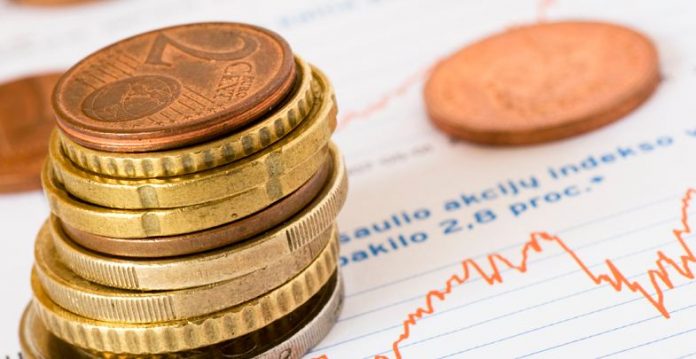Can anyone predict what is going to happen tomorrow? Today’s merriment may end into a grave misfortune tomorrow. So, what we need is to remain mentally prepared all the time.
And financial preparations for the unknown helps us to overcome the challenges in whatever form they may appear; job loss or a deadly disease in the family. This preparedness is provided by an emergency fund.
Now, what does an emergency fund actually mean?
It is actually a monetary backup set aside for days that are an emergency. An emergency situation may arise in a number of ways and it is a situation when you need extra cashes to come out of the fix.
In theory, an emergency fund is built with three to six months gross salary. The size of the fund may vary according to your situation of course. If you have to support a large family, you will probably need to pump in more money into it.
But in case you are a bachelor, with no serious financial responsibility, you can do with a much smaller emergency fund.
If you feel, your job is fairly secure, then also you can do with a smaller emergency fund.
The most important feature of an emergency fund is its liquid nature. Otherwise how can it come to your aid in the times of need?
There are mainly three ways in which you can keep it liquid; you can leave the money in a savings account of your bank, a credit union or a money market account.
If you want to get a higher rate of interest, at the same time making it accessible, you have to keep it in a money market account.
There is another advantage of a money market account; it puts a limit on your number of transactions. This prevents unnecessary withdrawals at the times of nonemergency.
If you have a preference for keeping your money in the savings accounts of a bank, you have to take certain points into consideration. Do not open an account with just any bank.
First, shop around to find which bank is offering the highest interest rate and lowest fees for maintaining a savings account specifically for an emergency fund.
The main objective behind an emergency fund is to put away a certain amount of money every month.
It will be a wiser decision if you can make arrangements of depositing the money in the emergency account directly from your savings account.
You should make a target in advance and the target should be realistic. The standard practice is to set aside per year an amount that is worth one months savings. It amounts to 8.3 percent of your salary per month.
Suppose you are earning 5,000 per month. That means you should add 415 to the emergency fund every month.
At the end of the year your emergency fund will acquire 5,000 and some more as a result of interest earnings.
Some financial experts are of the opinion, that you should even delay in contributing to the 401K plan of your company temporarily to get started with an emergency fund.
Building an emergency fund is important and if you are running cash crunch, then it is better to postpone the payment to the 401K for a little while.
Once you are geared up for continuing with an emergency fund, it will give you more confidence to conform to your other investment plans.

